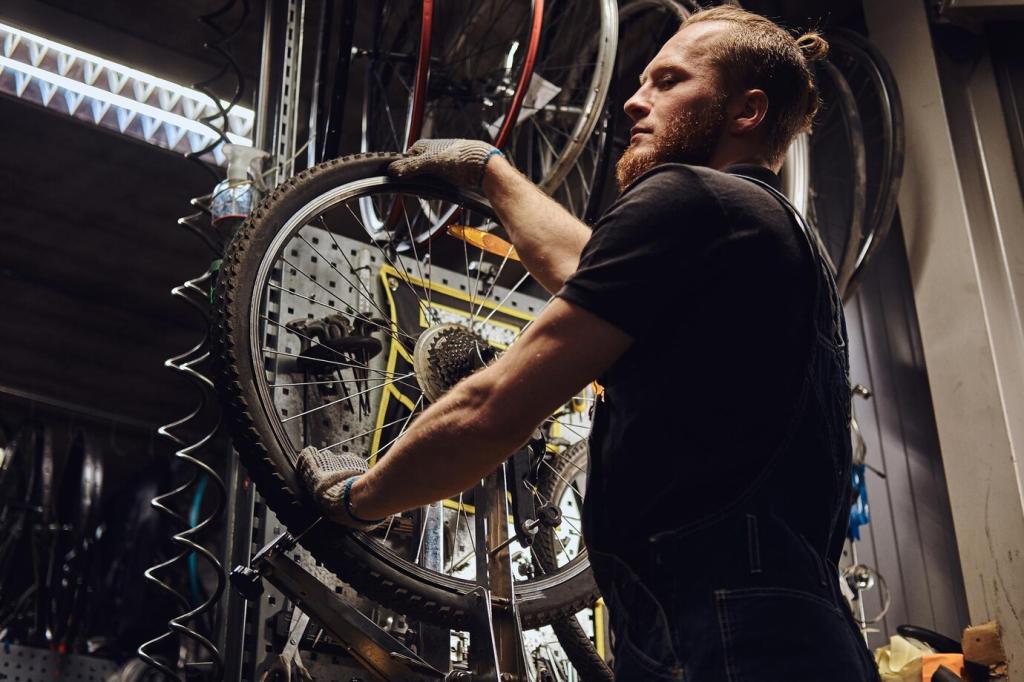Keep Your Grill Gleaming: Preventing Rust Before It Starts
Chosen theme: Preventing Rust on Your Grill. A rust-free grill cooks cleaner, lasts longer, and turns weeknight dinners into weekend-worthy feasts. I once saved a storm-soaked cookout by quickly drying the grates, heating the firebox, and seasoning with a thin sheen of canola oil—fifteen minutes later, we were sizzling again. Stick around, share your climate and grill type in the comments, and subscribe for practical routines that keep corrosion at bay all year.
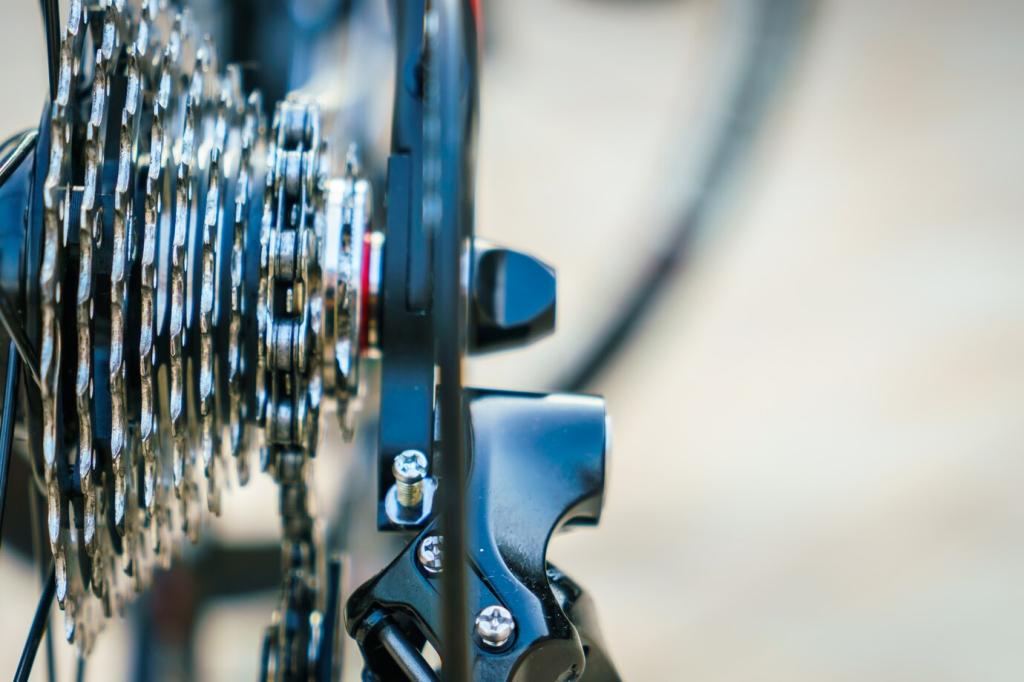
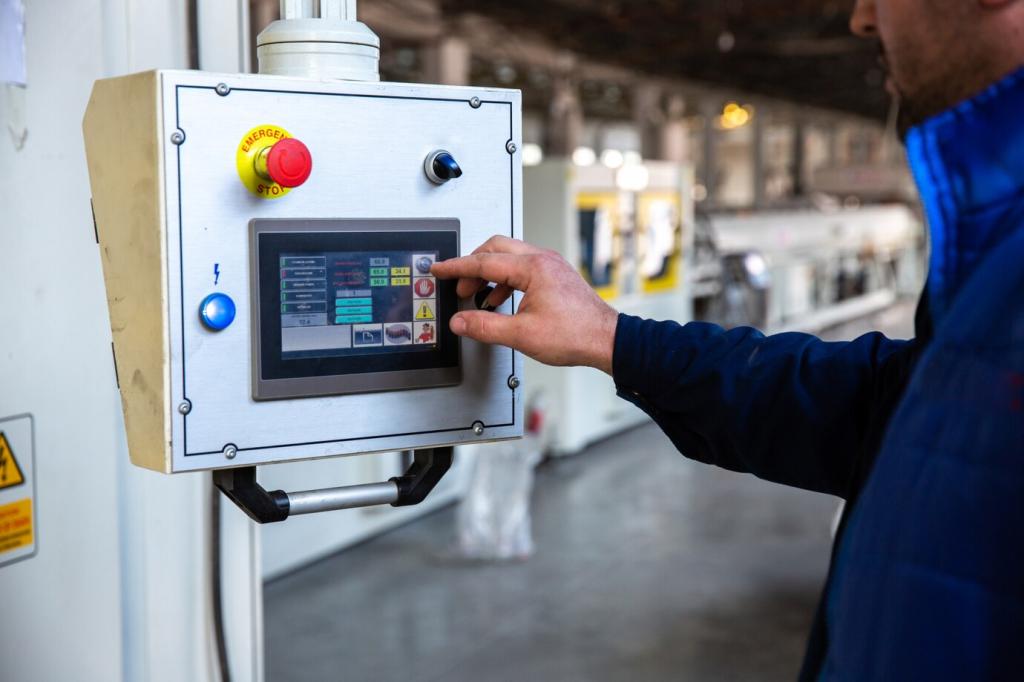
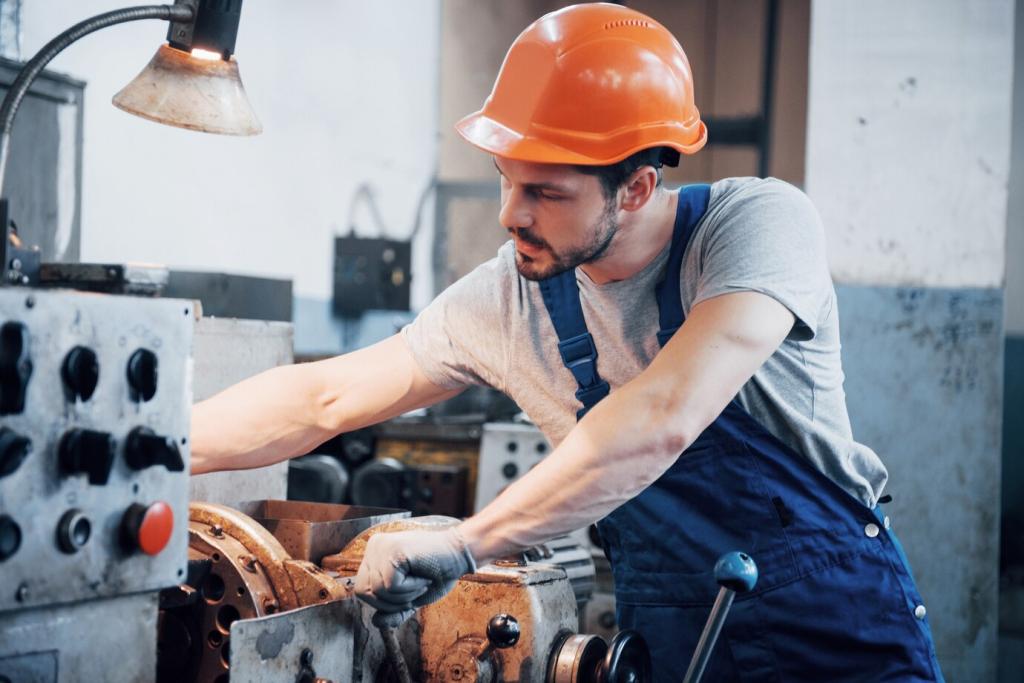
Seasoning as Armor: Building a Nonstick, Rust-Blocking Layer
Use a high-smoke-point oil like canola, grapeseed, or refined avocado. Wipe a whisper-thin coat, then heat to 400–475°F until it stops smoking. Repeat light coats rather than one heavy layer, which can gum up and peel under heat.
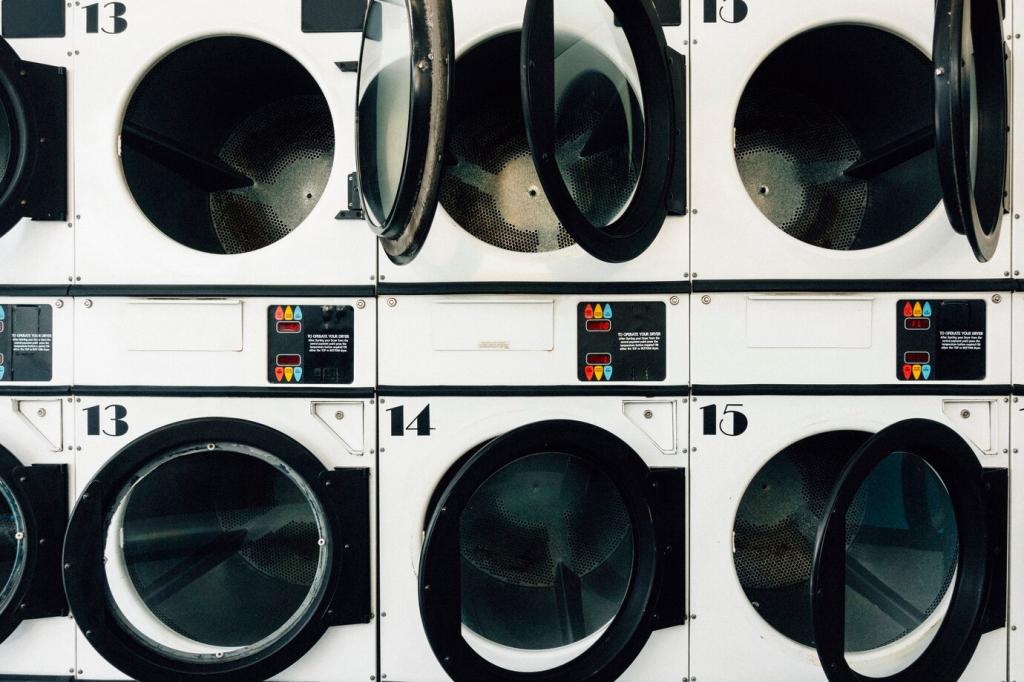
Clean Without Stripping: Gentle Methods That Protect
Close the lid to heat-soak and carbonize drippings, then brush with a non-shedding tool. Wipe with a lightly oiled towel. Avoid water shock on hot metal, which can cause thermal stress and condensation that accelerates rust after cooling.
Clean Without Stripping: Gentle Methods That Protect
Every few weeks, cool completely, remove grates, and use warm soapy water only where needed. Rinse, dry thoroughly, and heat to chase off residual moisture. Reseason grates and any bare spots to rebuild protection lost during the wash.
Clean Without Stripping: Gentle Methods That Protect
Avoid oven cleaners on coated parts and beware steel wire bristle brushes, which can shed and lodge in food. Use bamboo scrapers, coil scrubbers, or nylon brushes designed for grills. Your seasonings and coatings will last longer and work better.
Weatherproofing: Covers, Airflow, and Smart Storage
Choose a water-resistant but breathable cover that fits without trapping condensation. Covers should protect seams and shelves while allowing air circulation. Avoid tarps that seal moisture; they often create damp pockets that invite corrosion overnight.
Materials Matter: Match Care to Your Grill’s Build
Stainless Grades and Finishes
304 stainless resists corrosion best, especially in salty air, while 430 needs more attention. Brush with the grain, avoid chlorine-based cleaners, and keep fingerprints off with light, food-safe mineral oil to minimize tea staining and spots.


Cast Iron Grates and Heat Retention
Cast iron excels at searing but rusts quickly if neglected. Maintain thin, frequent seasoning layers and store dry. If water pools, heat-dry immediately. Never soak; instead, scrape, warm, re-oil, and bake to rebuild a resilient nonstick surface.
Your Maintenance Calendar: Five Minutes That Save a Season
Inspect grates, lid, and cabinet for early orange spots. Tighten hardware, clear burner holes, and clean the drip system. Finish with a warm re-season to refresh the protective film. Track tasks in a note app to stay consistent and accountable.
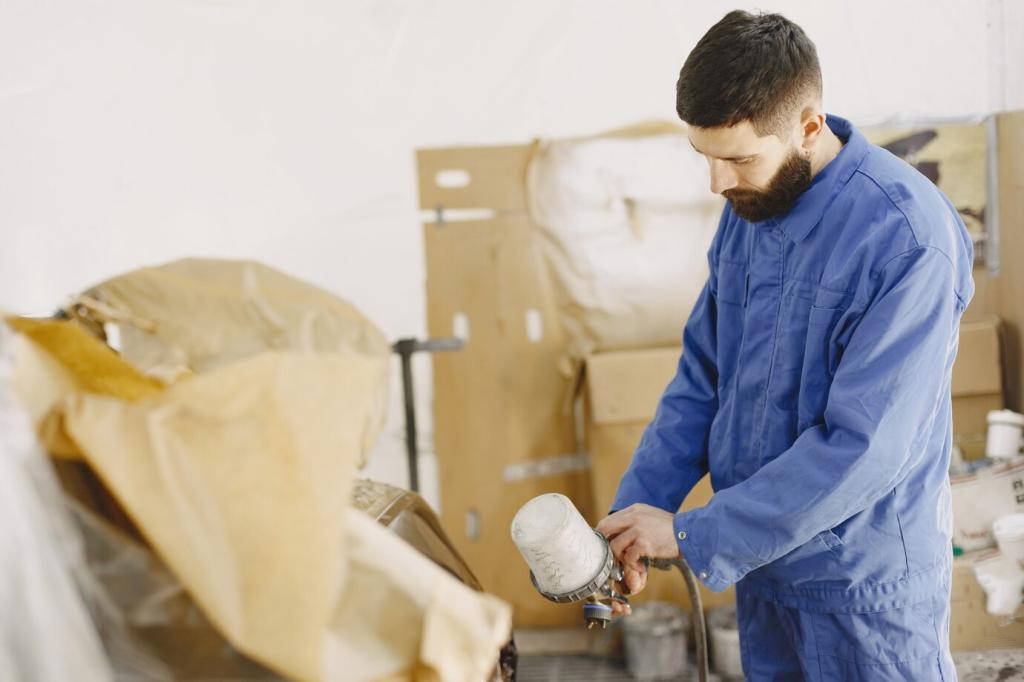
Rescue Plan: Fixing Early Rust Fast
For light rust, use fine steel wool or a grill-safe abrasive pad with warm soapy water. Rinse, then heat-dry thoroughly. Avoid aggressive grinding that scars metal. The goal is to remove oxidation while preserving as much base material as possible.
Rescue Plan: Fixing Early Rust Fast
After drying, apply very thin oil layers and heat cycle until the surface darkens and becomes satin-slick. Repeat twice for durability. This rebuilds the moisture barrier and restores that dependable, snappy sear without sticking or flaking issues.
